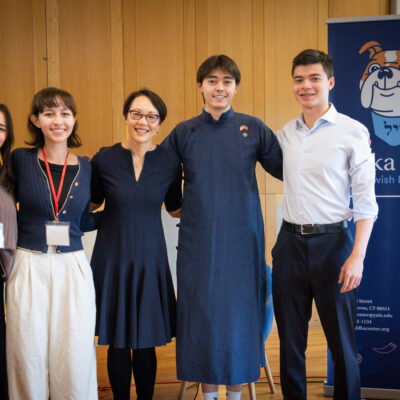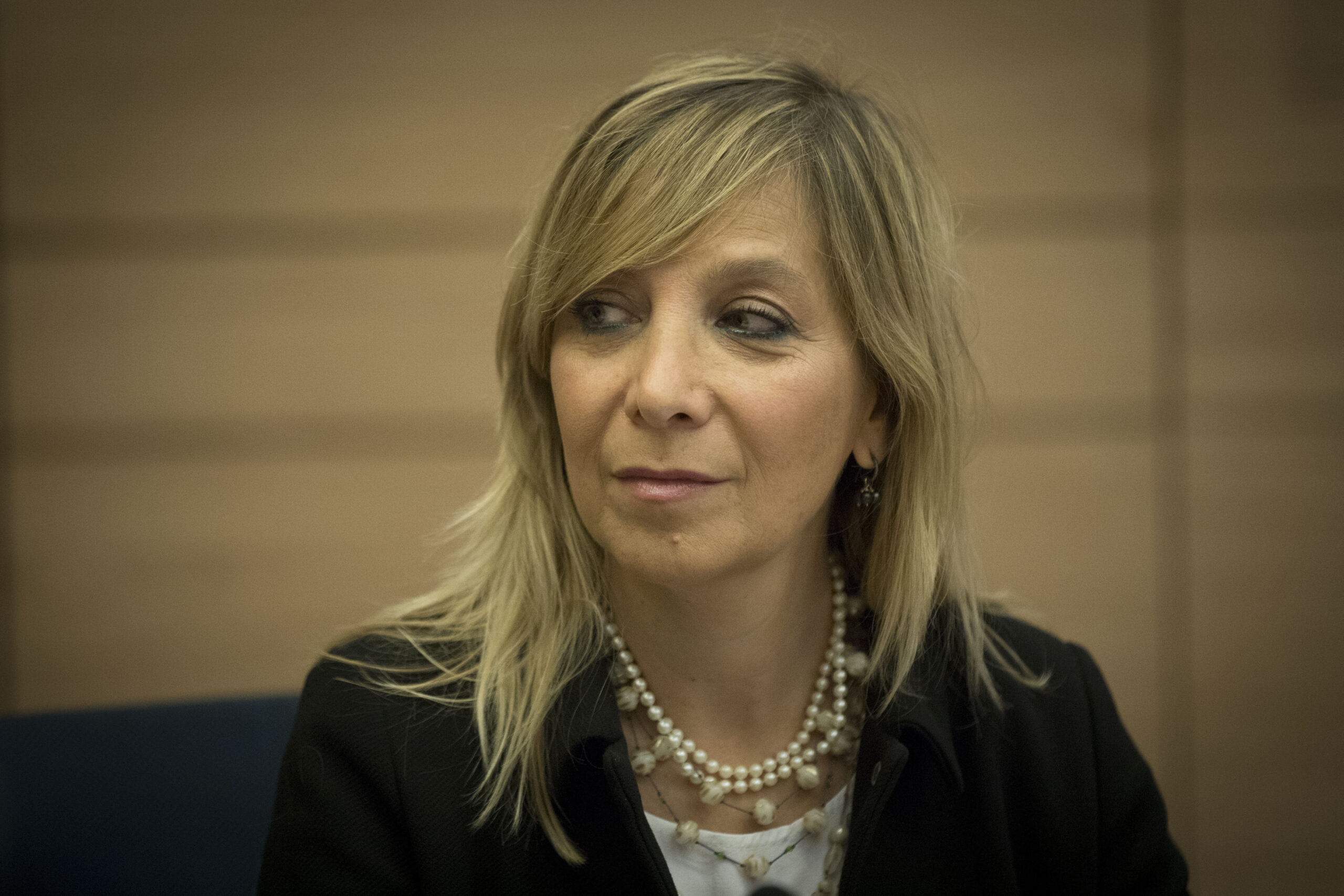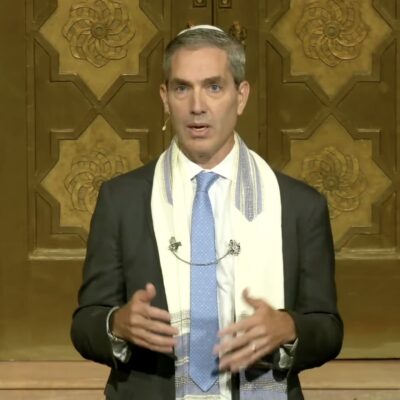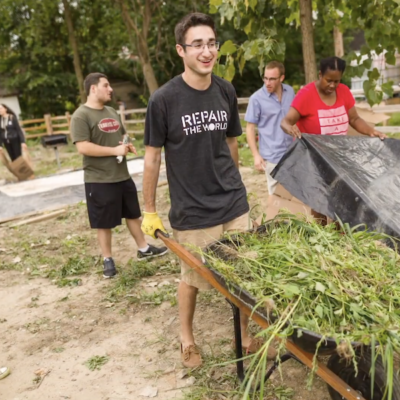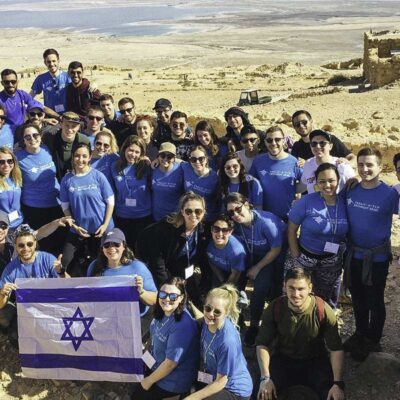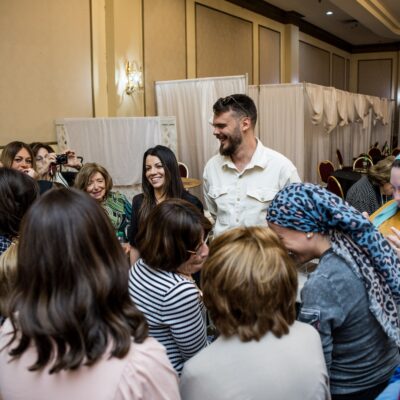From Donations to Strategic Leadership
by Dame Stephanie Shirley
One never knows what life holds, as they say.
For instance, I would not be writing this now had not generous strangers helped me to survive the Nazi regime.
Which brings me straight onto my favourite subject – philanthropy – and how individuals, organisations and countries can invigorate and invest in modernizing their giving to make it personal and at the same time strategic.
Let me explain.
All that I am or will ever be starts on a train, a Kindertransport from Vienna’s station, with its great cast iron pillars and walkways, one of a thousand Jewish children with only the vaguest idea of where we were going and why we were being sent away.
I have been extraordinarily lucky. And will never forget what is the seed of my philanthropy.
I have done more in the seven decades since that miserable day in 1939 than I would ever have believed possible.
- undreamt of riches – most of which I’ve given away
- built a global business empire
- founded schools and institutes
- dined with heads of state
- and exchanged ideas with some of the most brilliant minds of our time
- involved in pioneering achievements in business, science, medicine, academia and philanthropy
- I have (I hope) changed thousands of lives for the better
But I have also known failure and heartbreak so have never lost sight of two life defining ideas – both of which I can trace back to my arrival in England all those years ago as a terrified, weeping child refugee.
The first is the conviction that even in the blackest moments of despair there is hope, if one can find the courage to pursue it. Sometimes the worst is less overwhelmingly awful than we fear; sometimes the right attitude can create good even from life’s most terrible situations. We waste too much time being afraid, when what we should really fear is wasting time.
My second idea is the matching conviction that, even though I ostensibly lost everything when my parents sent me away to safety, I was not just the victim of bigotry and cruelty. I was also the fortunate beneficiary of the unearned generosity of many people:
- the Jewish and Christian activists who set up Kindertransports which saved 10,000 children
- the Quakers who kept the project going when it ran out of money
- the Catholic nuns who helped to educate me
- and the quiet, middle-aged, nominally Anglican couple who took me into their home. And into their hearts.
All good strangers who took it upon themselves to save my life.
Once I had digested this fact and its implications, a simple resolution took deep root: I had to make sure that mine was a life that had been worth saving.
The ideas that I wish to share with you today on philanthropy and how to invigorate a giving culture all stem from that personal journey.
Giving is an expression of individual beliefs. Whatever the motivation, I believe that your giving should strive to be proactive, ambitious and focused on results.
The money may be important but passion and the human touch must also be there, so as not to patronise beneficiaries. I know from having received charity myself how easy it is to feel patronized. So I give with a liberal spirit; and I give with a warm hand: I give now – what’s the fun of leaving legacies?
Modern philanthropy has donors actively involved. They leverage their money with their time, skills and contacts and therein lies the pleasure of giving. I am so lucky to have something to wake up for each morning. I meet more interesting people, travel purposefully to more interesting places – notably this multicultural city – and feel more fulfilled as a social entrepreneur than I ever did in the 30 years spent making money.
Giving and the service of others is making my wealth significant. The more I give away, the richer my life seems to become.
Of course, if you represent a long-established foundation and are giving other people’s money away, you’re a professional manager (hopefully a learning one) making decisions of enormous value. In these circumstances I think there’s an imperative to be strategic in your giving.
Mainly I give through The Shirley Foundation. Its mission is to be pioneering – no matter how worthy, we don’t just do more of the same. [We know that pioneering projects can and do fail. If we had 100% success, I’d reckon we were not taking sufficient risk]. And we aim to be strategic. What do I mean by that? From my perspective a strategic project has the potential to make a real difference. One that produces tangible results even against the sea of need. Let me give an example:
No amount of money will ever be enough to fund effective medical treatment for all the world’s ills. But targeted donations to medical research – for a brain bank, for genetics – have the potential to fundamentally improve the human condition.
And
I started out giving anonymously – but now believe wholeheartedly in speaking publicly about giving; my giving and giving in general. If I don’t talk about why and how I give, how can I get anyone else involved?
A society needs models, strong models, to display personal vision and leadership. This is how you grow giving… you talk about it, as we are doing today.
One theme of my time as the British founding Ambassador for Philanthropy was “to give philanthropists a voice”… a voice into government; into the media; as well as to the nonprofits that philanthropists support.
Governments need to hear that voice, otherwise the politicians believe that when they have to make cuts into services they can abrogate their responsibility and that somehow philanthropists will make up the difference and “save the day”.
Some naive governments – much as our own in the UK at the moment – think that’s how giving works. But giving is voluntary and philanthropists don’t necessarily respond to the most ‘needy’.
The media need to have a more sophisticated approach to reporting on philanthropists … To find a way to praise as well as critique our work. The only way they’re going to do that is if we openly engage with them.
And those of you leading nonprofits – you need to encourage your donors to voice their support and so become ‘models’ of inspiration for others.
So I want you to take away three things One: Be strategic in your giving. Make a difference.
Two: Provide a role model. Be prepared to stand up and be counted. And: Always, but always, be humane.
Dame Stephanie Shirley is the British Government’s Founding Ambassador for Philanthropy 2009/10.
Dame Shirley is keynoting today’s Amuta 21c conference in Jerusalem.

 Add EJP on Google
Add EJP on Google
